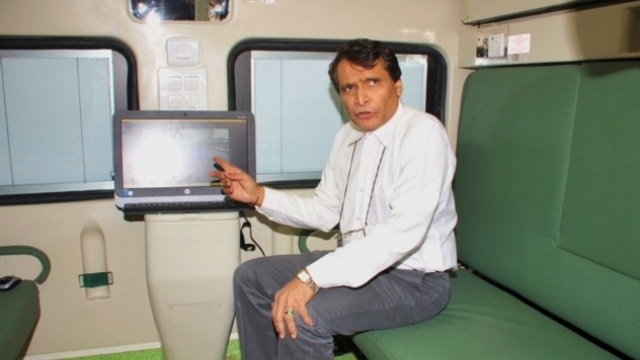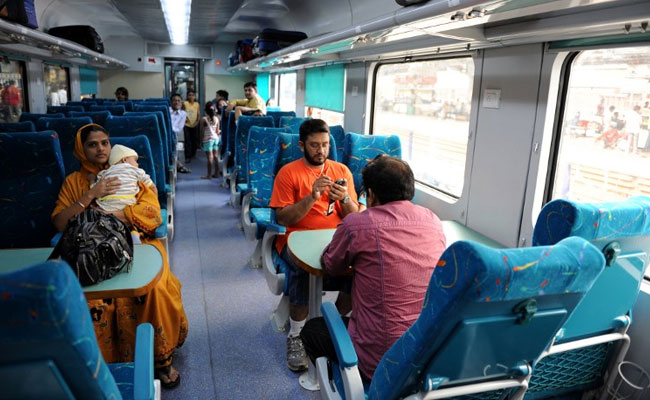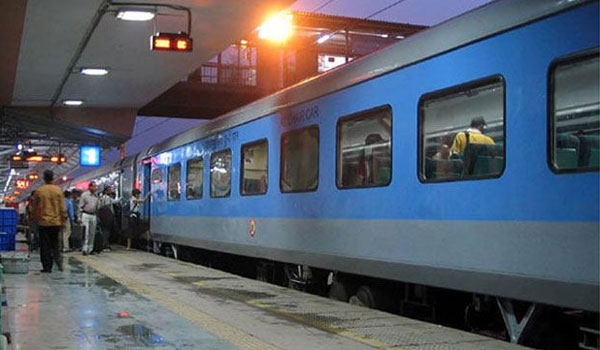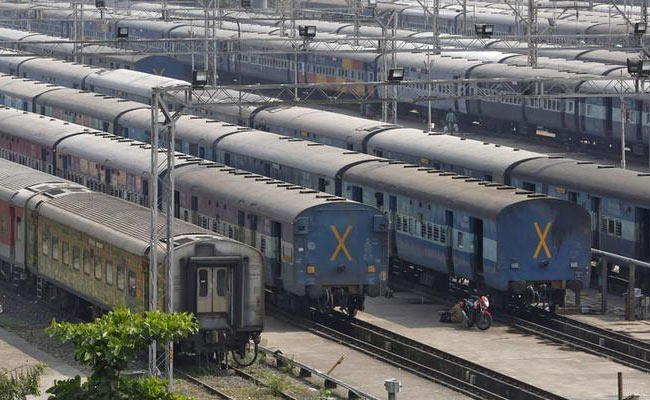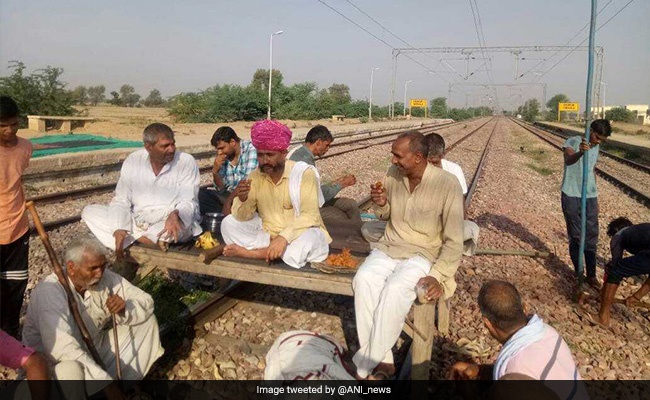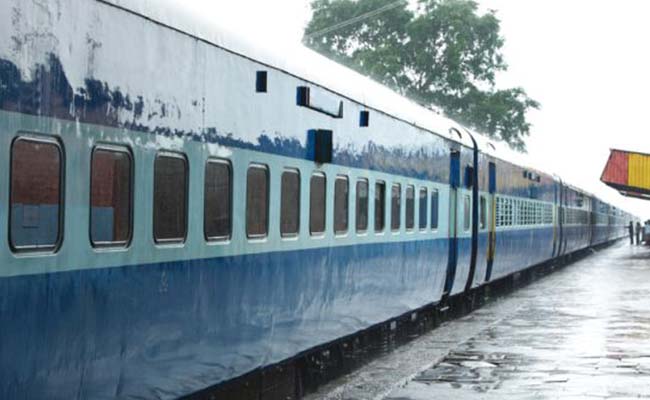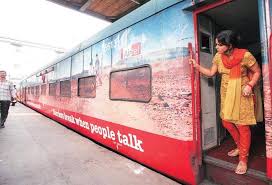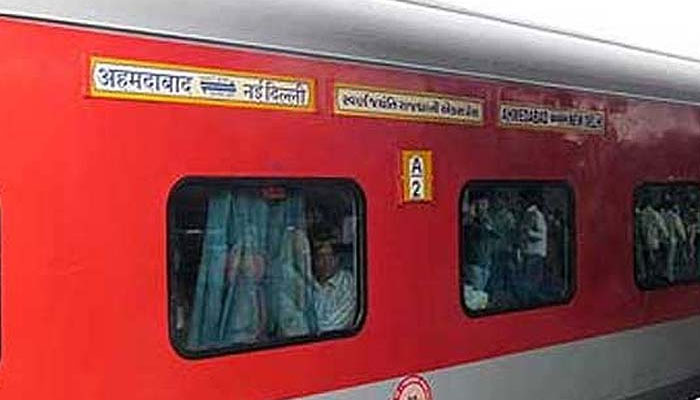
Sayara, 46, sits among the mourning women, her hand pressed closely against her chest as if to stop her heart from breaking. Her blue-grey eyes look at you, through you, beyond you. She is the mother of the young men who were lynched on Thursday evening on the train which runs from Delhi to Mathura.
One of her sons, Junaid, just 15 years old, was buried in the local cemetery yesterday in the village of Khandauli in Haryana. Junaid had been beaten and repeatedly stabbed. His bloodied body was thrown out of the train just before it reached Palwal.
Her elder son Shakir is in hospital grievously injured. He has three serious stab injuries. He was not in the group of four young men which had travelled to Delhi to shop for Eid. He had got an urgent call from a cousin who was with the group with the SOS that they were being attacked. Shakir rushed to the Ballabgarh railway station to help but found that his brothers Junaid and Hashim and his cousins were not being allowed to leave the train.
He desperately tried. Instead, he was pulled in and stabbed. He too was thrown out at Palwal. He was soaked in his own blood and that of his beloved younger brother’s whom he had tried to save.
Sayara’s third son Hashim escaped with two stab injuries. It was he who cradled his brother Junaid’s body on the station platform while a crowd of people stood and stared, until the ambulance called by someone took them away to a local hospital.
Sayara does not know all these details, but she knows her grief and her loss so when she speaks, her voice is clear. She says “He (Junaid) had come home after a year after completing his Madarsa course in Surat, Gujarat. Along with his brother, he was going to celebrate his achievement on the auspicious occasion of Eid. I had given them Rs. 1,500 to buy themselves new clothes. I curse myself. If I had not given them the money, he would have been here.. He was on the Roza fast. All my sons are fasting. I keep thinking, he did not have a sip of water, I was waiting here to feed them, but I could not give him his last morsel. My son, my son…” She is weeping, someone offers her a drink of water. She refuses, she too is fasting.
The group of four young men had got onto the train at Sadar Bazar, Delhi. Seats were available for all of them. The compartment started filling up. A group of men got on at Okhla station. The harassment began then. Junaid got up to seat an elderly man. But as soon as Junaid stood up, the others in his group who were sitting down were abused and told to stand up as well. Hashim’s skull cap was snatched off his head and stamped upon. His beard was pulled. The young man resisted. It was then that the beating started. They were abused in the most derogatory communal language. They were called “filthy beef-eaters who should be killed” Their mothers and sisters were abused.
Shockingly, not a single passenger in that crowded compartment objected. On the contrary, many joined in. One of the group, Mohsin, a cousin, escaped and tried to pull the emergency chain but nothing happened. It was mob rule in that compartment. The stabbing started after the train pulled out of Ballabhgarh station and a young man was killed right there, in public, with shouts of abuse ringing in his ears.
It was not an aberration or a one-off incident by drunken louts. It was not a dispute about seats. There was not even the absurd pretext of beef-eating, they were all fasting. It was a crime completely and totally motivated by communal feelings, a crime of hate.
They told us that Bhajan mandalis using battery-operated mics have converted many general compartments into religious zones. They spoke of aggressive and abusive comments made by some passengers when Muslim men enter the compartments. They said that harassment has become a common experience and there is fear and apprehension among young Muslim men when travelling this route. Several times, they said, complaints have been made to the police but have been ignored.
Security is non-existent, or else how could these men get on the train armed with big knives? The Railway Ministry cannot escape its accountability.
Across areas in and around the NCR region, organisations owing allegiance to the toxic communal ideology of the Sangh Parivar are spreading contempt, disrespect, hostility and hatred towards minority communities. The outcome is what happened that dreadful day on a local train travelling in the capital region of India.
Worse, these attackers, it is being established with one tragedy after another, are empowered by the lack of government action against them; they are emboldened by the support and patronage they get. Whether it is the criminal activities of so-called gau-rakshaks, the beef vigilantes, the love jihadis, it is open season for all those who do not conform to the idea of the Hindu rashtra.
